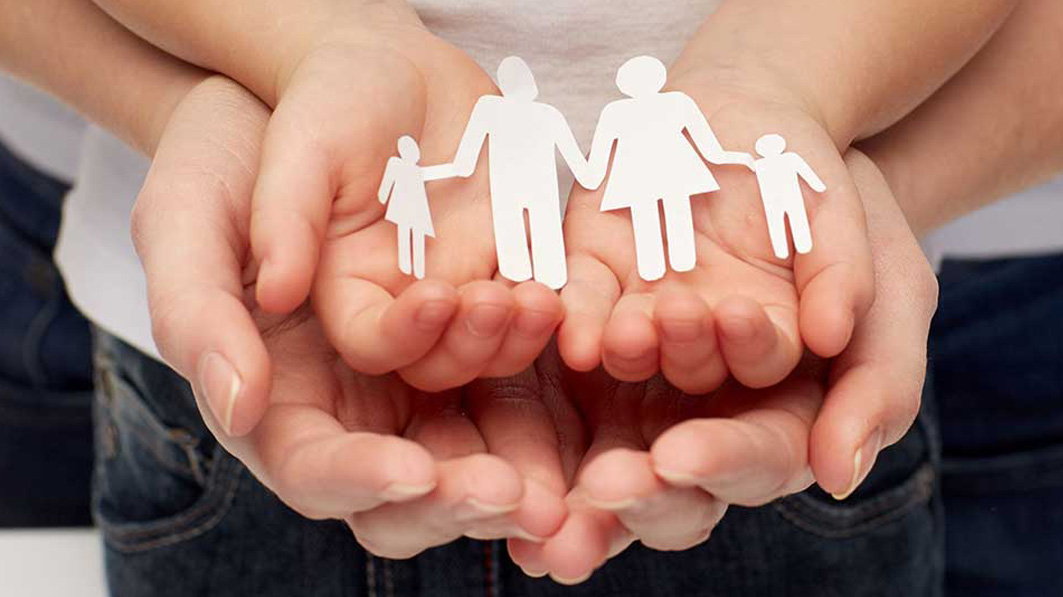Before the November 2018 elections, Rep. Nancy Pelosi, who was then the House Minority Leader, announced that she would make passage of the “Equality Act” a top priority if Democrats took back control of the House. After the Democrats did just that and she was re-elected as House Speaker, Pelosi reiterated her promise, “We will make America fairer by passing the Equality Act to end discrimination against the LGBTQ community,”
Pelosi made good on her promise in March 2019, when she introduced the act in the House. The House version of the Equality Act, H.R. 5, has 240 co-sponsors, while the Senate version, S.788, has 46 co-sponsors. The legislation would amend the 1964 Civil Rights Act to redefine “sex” and prohibit discrimination on the basis of sexual orientation and gender identity (SOGI). The bill similarly amends a number of other federal laws, including the Fair Housing Act, the Equal Credit Opportunity Act and the Government Employee Rights Act of 1991.
While touting the idea of making America fairer, Pelosi consistently fails to explain the discriminatory consequences of this legislation for a variety of different groups. In a previous article, we looked at some of the negative effects on religious freedom – as the legislation labels truths about marriage, family, and men and women to be “discrimination.” And we saw the effects on privacy and safety – especially for women and children – as it opens restrooms, locker rooms and dressing rooms to those who believe they are the opposite sex.
But there are other harmful consequences from this legislation. In addition to the concerns we’ve already written about, H.R. 5 creates problems for faith-based adoption agencies.
The Equality Act Redefines “Sex”
When the Civil Rights Act of 1964 banned discrimination on the basis of “sex,” it was clear what “sex” meant: being male or female. But the Equality Act redefines “sex” to include:
(A) a sex stereotype;
(B) pregnancy, childbirth, or a related medical condition;
(C) sexual orientation or gender identity; and
(D) sex characteristics, including intersex traits.
For modern gender ideologues and their allies, it’s a “stereotype” to believe that there are just two sexes – male and female. It’s a “stereotype” to believe that marriage is the union of a husband and wife. And it’s a “stereotype” to believe that children deserve a mother and a father. Those who act on these truths are, according to the Equality Act, discriminatory.
The Equality Act labels basic truths discriminatory “stereotypes” and elevates sexual confusion to the same status as basic Constitutional rights such as freedom of religion, speech and association.
Faith-based Foster Care and Adoption Agencies
From its very beginning, the church worked to save human lives and to stop the atrocities of abortion, infanticide and infant abandonment. An early Bishop of Rome, Callistus, set up “Life Watches” where abandoned infants were rescued and placed in Christian homes.
The Christian practice of caring for orphans continues today, with Christian organizations helping place children in homes with a mother and father. Oftentimes such groups work with federal, state and local government agencies, helping parents navigate the adoption and foster care systems.
But in states that have passed SOGI non-discrimination laws, numerous faith-based foster care and adoption agencies have been forced to stop their work – because they will only place children in homes with a mother and father. Catholic Charities of Boston refused to comply with a Massachusetts law protecting sexual orientation. The organization asked for a religious exemption, but was denied. It closed its doors in 2006.
That same year, San Francisco Catholic Charities announced that it would end adoption services rather than place children with same-sex couples. The organization was following 2003 guidelines from the Vatican that noted that same-sex unions lack “sexual complementarity” and children placed in such homes “would be deprived of the experience of either fatherhood or motherhood.” Catholic Charities in Illinois, Washington, D.C, and Buffalo, New York have followed suit, ending their involvement in adoption.
Other Christian adoption agencies are fighting to continue their work and follow their beliefs in Pennsylvania and New York. Michigan recently announced a settlement with the ACLU where the state would no longer provide funding to adoption agencies that only place children in families with a mother and father.
The Equality Act has no religious exemptions. In fact, it specifies that the Religious Freedom Restoration Act, which was designed to preserve religious protections, may not be used as a defense for violating the Equality Act. As a federal law, the Equality Act will cause more Christian adoption and foster care agencies to close – or else violate their religious beliefs.






